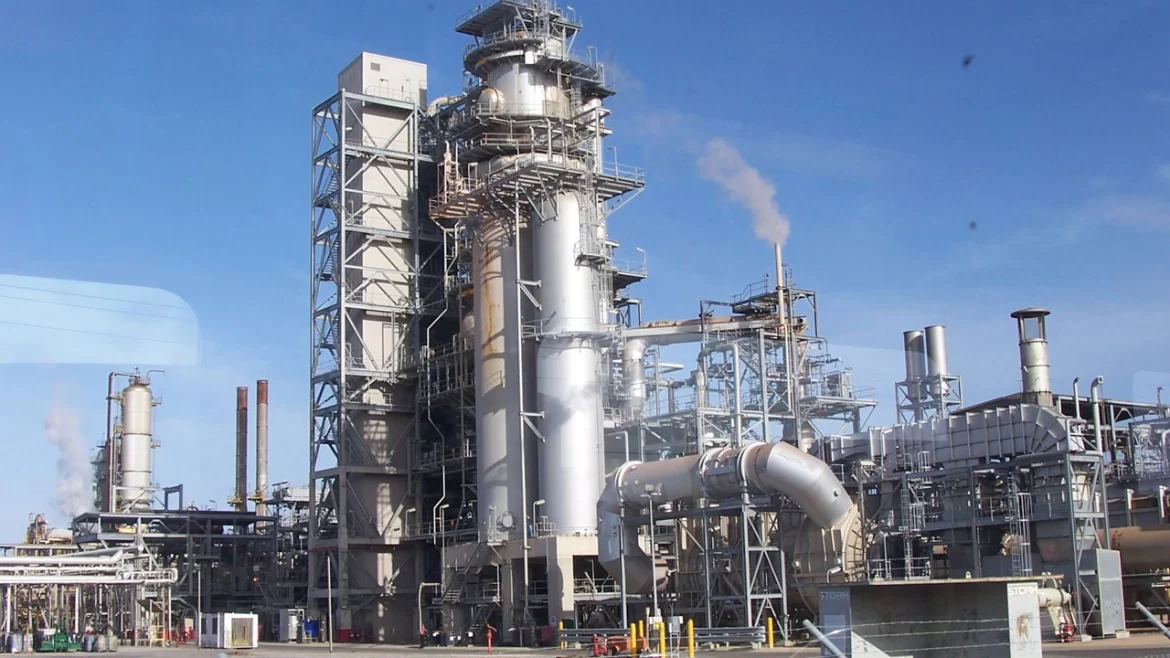The Nigerian Upstream Petroleum Regulatory Commission (NUPRC) reported an increase in Nigeria’s daily crude oil production, rising from 1.25 million barrels per day (mbpd) in June to 1.61 mbpd by July 23rd.
This update was provided by Gbenga Komolafe, the Chief Executive of NUPRC, during a public hearing by the House of Representatives Special Committee on oil theft and losses.
Nigeria remains Africa’s largest producer of crude oil, with proven reserves of 37.50 billion barrels and a production capacity of approximately 2.19 mbpd. However, significant challenges persist, particularly at the Bonny, Brass, and Forcados terminals.
To address these issues, the NUPRC has implemented end-to-end production monitoring and a mass balance methodology to accurately account for losses and distinguish them from operational inefficiencies.
Komolafe highlighted several innovative measures introduced by the NUPRC to enhance transparency and accountability.
These include the Advanced Cargo Declaration (ACD) Regulation, which ensures that no crude oil is exported without proper accounting and assigns a unique identification number (UIN) to each cargo.
Additionally, the Upstream Metering Regulation mandates reliable metering systems for all hydrocarbon production and exports, while real-time cargo tracking and digital documentation improve visibility and efficiency in cargo operations.
The NUPRC, tasked with overseeing the exploration, development, production, and lifting operations of crude oil and natural gas, regulates both the technical and commercial aspects of the upstream petroleum sector.
This oversight ensures optimal tax revenue generation, royalty collection, and cost benchmarking. The Commission also focuses on business continuity, production sustainability at low costs, accurate measurement and timely payment of royalties, uninterrupted supply of crude oil and natural gas to the domestic market, and maintaining safety, health, and environmental standards.
Under the Petroleum Industry Act 2021, the NUPRC has several statutory mandates, including the calibration and certification of metering systems and equipment, publication of reports and statistics on upstream operations, regulatory oversight, issuance of quality and quantity certificates for exports, and determination of fiscal prices for crude oil and condensate.
Komolafe emphasized that the Commission’s strategies aim to optimize production, enhance regulatory oversight, and ensure accurate measurement and accounting.
The NUPRC is also prioritizing improving rig availability and reducing non-productive time by unlocking heavy crude oil reserves through industry workshops.
These initiatives support new Petroleum Prospecting License (PPL) awardees in achieving their first oil production.
The NUPRC remains committed to actively engaging with stakeholders to optimize Nigeria’s oil production and maintain its leadership in Africa’s energy sector.
![]()




